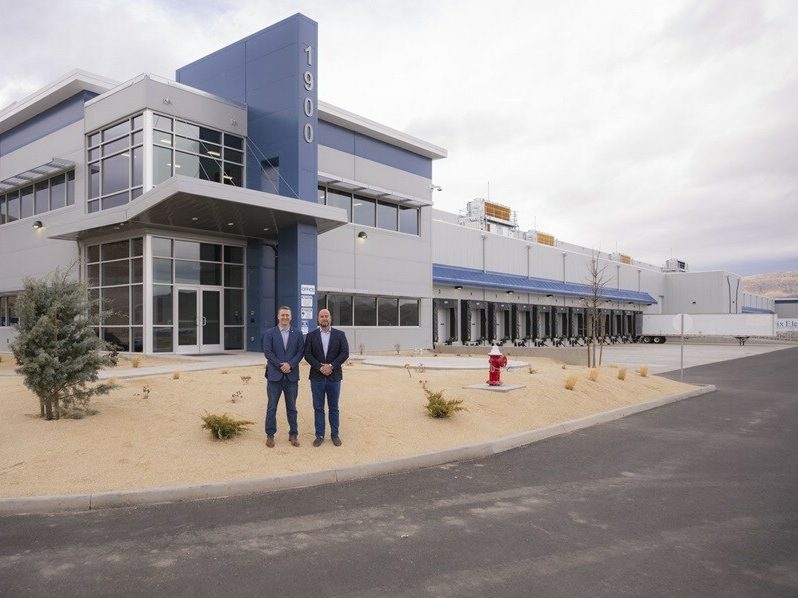4 Best Practices in Office Brokerage
What does it take to survive in the commercial leasing business for the long term? A veteran of multiple real estate cycles shares his secrets.

Alan Friedman, Executive Managing Director, Lee Associates
Commercial real estate is a cutthroat business, and with so many standout office brokers in New York City, competition can certainly be fierce. But after over 18 years of working in both landlord and tenant representation for office leases, I’ve realized that following some straightforward best practices helps me to get deals signed while ensuring that my clients are happy long after they have signed their leases. Here are my tips for succeeding in office brokerage.
Peel Back the Onion
In the world of office leases, not everything is as it appears at first glance. For each deal, brokers have to understand the client’s business. Often, clients are unable to express exactly what they would like or need so it’s important to ask open-ended questions. For example, a broker can ask a client to describe their dream office space. From that description, a good broker will be able to determine in what scenarios a client would be able to maximize their efficiencies. Here’s an example: If a client says their dream office would have a lot of collaborative space, a good broker won’t show them an office full of individual cubicles with nary a conference room in sight. Being able to fully comprehend what makes a client successful operationally and what you as a real estate professional can do to facilitate that is paramount to the business of office brokerage.
Prepare, Prepare, Prepare
A truly successful office broker can never afford to be lazy. It’s important that brokers extensively research the companies and individuals with which they are working. Real estate professionals should always preview space alone before taking clients there so that they can fully understand the positives, drawbacks and challenges of the space and determine how to present them. Aside from just the space itself, brokers need to make themselves aware of whom the other occupants of the building are. They should also acquaint themselves with the neighborhood’s amenities, transportation options, restaurants and shops, so that they can give clients a full picture of what it will be like to work in both the space as well as the neighborhood.
Be a Team Player
Always empathetic to their client’s needs, top-notch office brokers must feel like part of their client’s team. If a broker thinks of themselves as part of their client’s company, rather than just thinking about the client/broker relationship, it will be easier to fully understand the needs of the company as a whole. For example, a CEO may have one set of criteria for an office while the COO may have a very different set of wishes and so on. Although it’s often impossible to please everyone, the goal is to determine the scenario that has the most overlap between all the different criteria. Feeling like a member of the team―with something at stake besides a commission check―can make finding that balance easier.
Stay Involved
It is imperative that the broker remains in the game well past the lease signing. There are always questions, construction schedules, as well as plan preparations and approvals that are crucial to delivering client satisfaction. Always remember that we are trying to build relationships, not just sales.
Follow these guidelines to make your client relationships stronger and more productive. Remember, you’re the real estate consultant, so it’s important to be professional, prepared and dedicated. Of course, the unexpected will arise on occasion, but being prepared and understanding, as well as being a team player will set you up for success.







You must be logged in to post a comment.